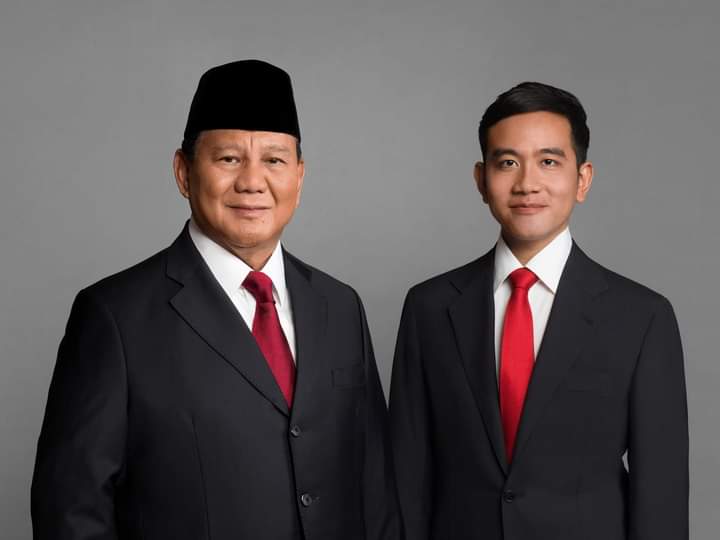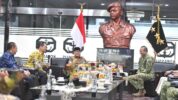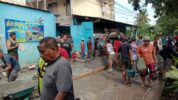Indonesia’s Transition: A Call for Action on Human Rights Violations
From January 2019 to September 2024, Amnesty documented 521 cases where individuals were charged under the UU ITE Law for defamation and hate speech, illustrating a broader pattern of repression.
Marginalization of Indigenous Peoples and Environmental Neglect
Indigenous communities continue to face significant challenges. For instance, residents of Poco Leok in East Nusa Tenggara protested against government land seizures for a Geothermal Power Plant, facing violence and arrests during their demonstrations. Similar repression has been observed in Nusa Tenggara Barat, where local voices were silenced during the MotoGP events.
National strategic projects have endangered Indigenous lands, often without adequate consultation or compensation.
“The government disregards the need for free, prior, and informed consent, treating Indigenous peoples as obstacles to development,” said Hamid.
In Papua, the construction of the Trans-Papua Highway has raised concerns, as has the national strategic food estate project in South Papua, which proceeded without proper community agreement. Ongoing projects threaten the rights and environments of communities across Indonesia.
“The new president must prioritize sustainable development that respects Indigenous land rights and ensures affected communities have a meaningful voice in decisions impacting their lives,” Hamid emphasized.
Humanitarian Crisis in Papua
Violence between state security forces and Papuan pro-independence groups has resulted in numerous casualties. Between February 2018 and August 2024, at least 132 unlawful killings in Papua were documented, with significant civilian casualties attributed to security forces.
“We urge the new administration to reassess its heavy-handed security approach in Papua, which has only led to further violations,” said Hamid. “Ensuring justice and accountability for human rights violations is essential.”



























Tinggalkan Balasan